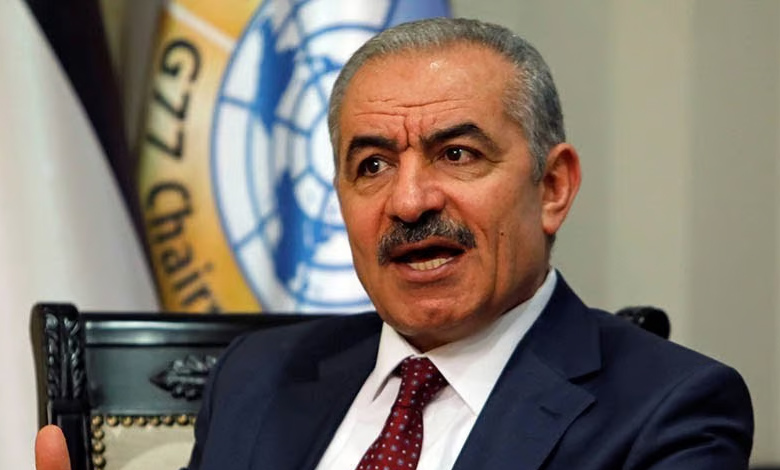Prime Minister Mohammad Shtayyeh of the Palestinian Authority has tendered the government’s resignation to President Mahmoud Abbas, opening the path for a revitalised administration that many envision taking on an expanded role in post-conflict Gaza.
Despite open opposition from the Israeli government, the US and several Arab nations have been pushing a plan for the Gaza Strip to eventually be administered by the PA – long troubled by dysfunction and hugely unpopular among Palestinians.
The PA president accepted the resignation on Monday but asked the government to remain in a caretaker position until another one comes into existence. The development comes as the brutal Israel-Hamas war continues for more than five months, claiming scores of lives.
Boosting legitimacy of Palestinian Authority
Shtayyeh said: “The next phase and its challenges require a new government and political arrangements that take into account the new reality in the Gaza Strip, national unity and the urgent need for achieving inter-Palestinian consensus.”
The future of the Palestinian Authority has been a subject of intense debate between the Israeli government and the US. The resignation comes after months of deliberations among Ramallah, the US and Arab states on how to boost the legitimacy and efficiency of PA.
The consensus has converged on a vision for an improved Prime Minister role and a government of technocrats that can conveniently check the largely unchecked power currently exercised by the 88-year-old President and his inner circle, as per US and Palestinian officials.
But major hiccups remain
Israel is not ready to accept PA rule over Gaza in any post-conflict scenario and simultaneously, there is scepticism over Mahmoud Abbas’s interest in relinquishing power and enacting deep reforms that need to go beyond faces.
The notable developments in the Palestinian government came as discussions resumed in Qatar on Monday to try to reach an agreement on the release of more than 100 remaining Israeli hostages in the enclave in exchange for a Gaza ceasefire.
Diplomats have also expressed concerns that the lack of a truce in the territory could increase the risk of an expanded regional conflict, as Israel and Hezbollah – an Iranian-aligned militant group and Lebanon’s most powerful political group – enter a cycle of escalation.
Read More: GCC countries respond after US rejects Gaza ceasefire resolution


















